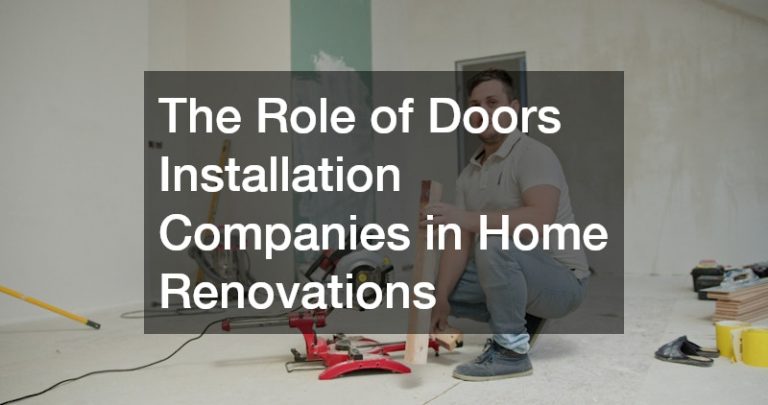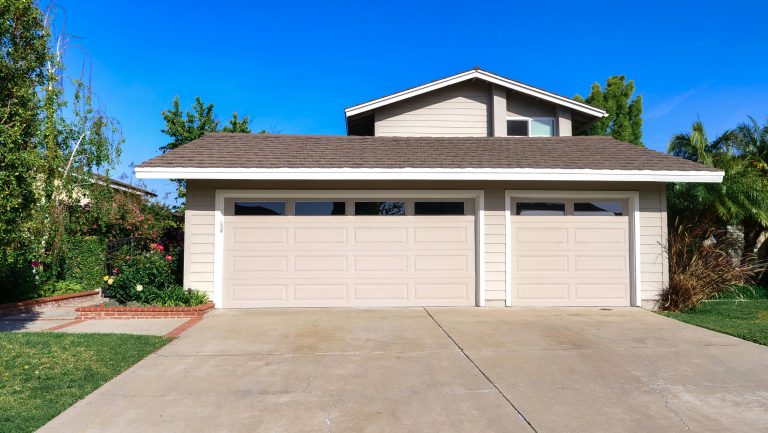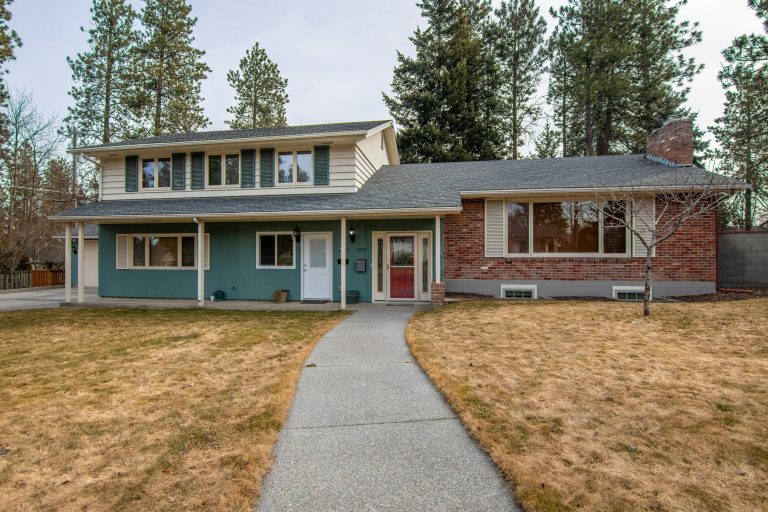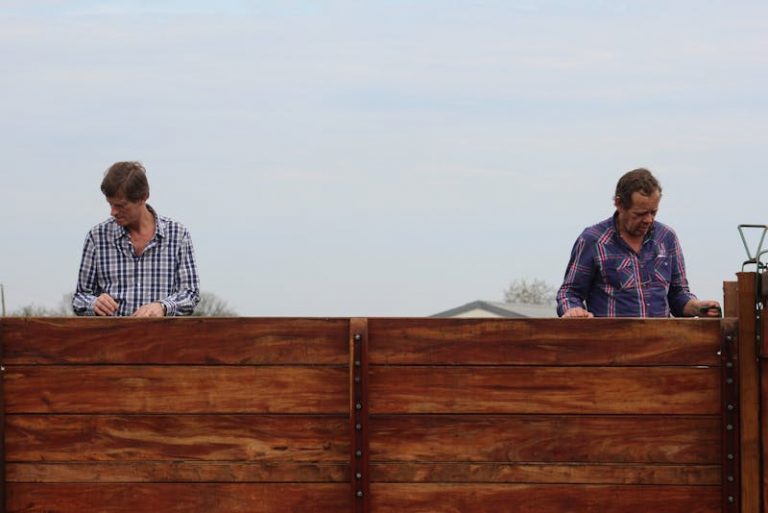

Power grids are becoming more unstable and unreliable by the day. In just a short period, power outages and high energy bills have forced many homeowners and businesses to turn to alternative sources of energy, such as solar power. Although commercial establishments have been enjoying the benefits of solar energy since the 1970s, the cost of solar production has gone down over the years.
Regular consumers can now access affordable solar products. So, how does solar energy work? First, solar panels made of photovoltaic (PV) cells are installed in a raised, open area. As sunlight falls on the sunroof panel, the PV cells absorb the sun’s energy and convert it to electricity.

Homeowners are including solar power siding in their home’s exterior design as they realize the benefits of solar energy. Solar cladding is quite popular because of its unique qualities. The solar cells are fitted onto customized surfaces that match your home’s exterior design.
After looking at a few of the many advantages of solar energy, you’re no doubt considering solar installation in your home. To begin with, have a qualified solar survey company inspect your home. Your service provider will assess key factors, like the orientation of your home, the amount of shading, and the condition of your roof.
The question remains- ‘Solar power vs electricity’, which energy source is ideal?’ As solar manufacturers continue to make improvements in solar technology and cut down on soft costs and hardware costs, solar power is certainly going to be a prevalent source of energy.

Solar power systems are one of the best solutions for sustainable energy, and thousands of commercial and residential energy customers are making the switch. However, many customers do not know much about solar panels, or the benefits they can achieve from switching. Here are four of the most frequently asked questions about solar power, answered by solar panel experts.
How much does solar power cost?
The average initial cost for a complete system is around $50,000. However, many solar companies offer payment plans with low, monthly fixed payments. In addition, solar panel system owners can apply for a variety of different incentives, and can apply for grants for alternative funds
How long will installation take?
A typical residential solar power job will typically only take a few days. Altogether, an installation needs about 40 hours of installation time on the roof, and about 10 hours inside the house in order to properly set up the system. Larger houses and commercial solar panel installations may take longer, depending on the size and complexity of the project. In general, installation of solar panels for commercial projects takes no longer that one to two weeks.
Does my solar power work if the power goes out?
Just like a normal electrical system, your house?s power will also go down in the event of a black out. This is to help prevent any back-feed of energy to the line, which are likely being worked on by electrical line workers. To keep your power running during a power outage, purchase a portable or stationary generator, which will switch on in the case of a black out.
What tax incentives can I get with solar power?
One of the biggest pulls for solar installation is the tax incentives that can be claimed. While these incentives change periodically, commercial and residential solar costumers should expect a substantial federal tax credit when filing yearly taxes. Check your state?s policy on solar power incentives to learn more about what you can receive after solar installation.
More like this article.






